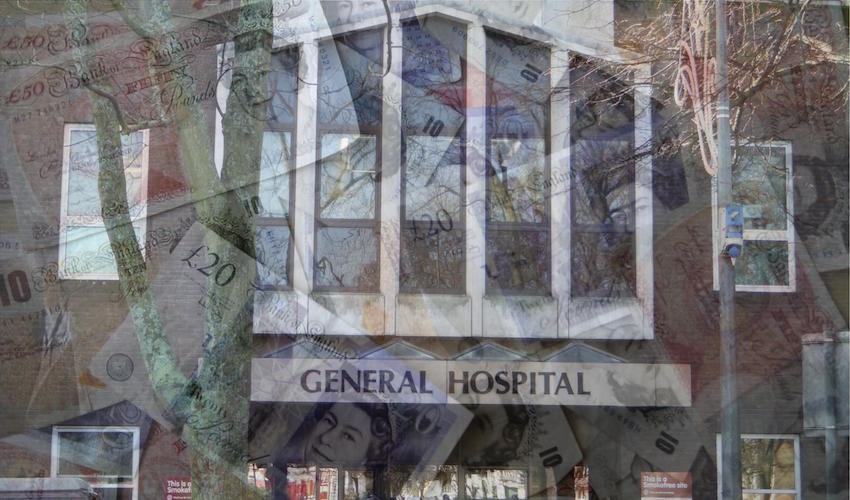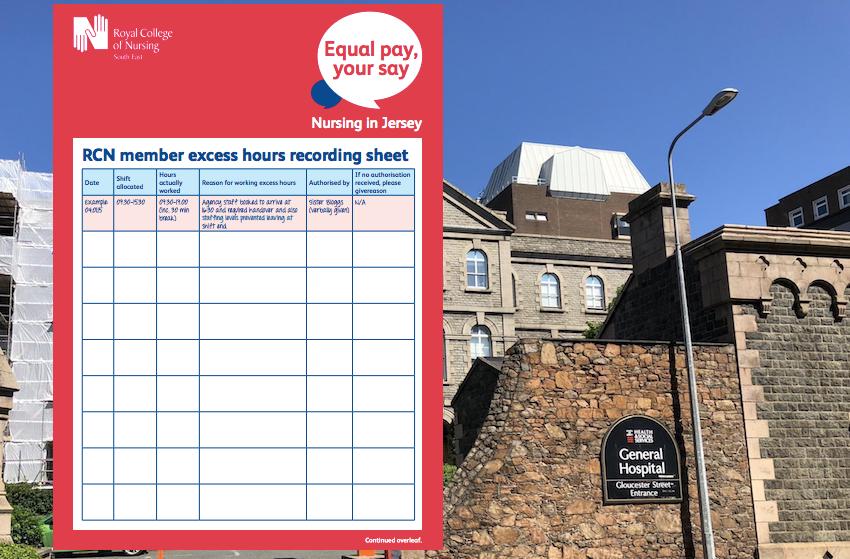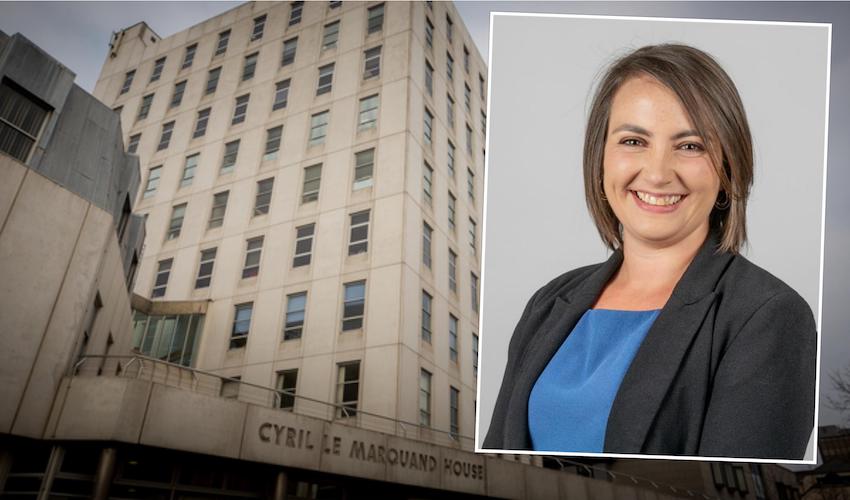

Nurses are being urged to “withdraw goodwill” and refuse to work extra time unpaid, as their anger over the States’ proposed pay deal reaches boiling point.
With dozens of nursing vacancies – only some of which are being actively recruited for – Jersey’s nurses have previously reported that they are no strangers to working longer than their shift hours to help plug gaps where needed.
But this is usually done out of “goodwill”, which is now being withdrawn by union members as the dispute over pay reaches a new level after the union was told there will be no further money for nursing and midwifery staff.
The Royal College of Nursing (RCN) Jersey Branch are advising that those working full or part-time decline to do any bank shifts, but instead agree to do the work as overtime in their own role.

Pictured: Nurses have been told there is no more money available for pay increases.
They equally suggest that all staff that miss breaks, start early or finish late by 15 minutes or more should record that time as “toil” and submit a claim for time off in lieu or overtime payment.
RCN are also asking staff to submit a separate form to them logging any excess hours claims made and the reasons why, such as a nurse staying to be able to hand over to agency staff due to arrive after their shift, for example. The union says it will then add up these claims to prove how much extra work staff have been putting in. “We anticipate it will add up to a lot,” they said.
Following requests from members, the union has also drawn up a poster to explain their “withdraw goodwill” campaign, which reads: “Equal pay: your say. Time to take action. Your time is important. Your time is valuable. It is time to withdraw goodwill.”
It added: “The more of you who do this, the greater the impact. Please support each other; together we are stronger.”

Pictured: The excess hours form nurses are being asked to fill by the RCN.
RCN advised its Jersey members to print the poster off “and put it up in your ward/staff room or hand to colleagues - whatever you think will work." "We understand that this is a big ask and will involve some potentially hard conversations with managers… Thank you for all your help, we look forward to seeing your evidence of what you are claiming," they said.
This latest move comes after a warning from the Jersey Nursing Association that “anger amongst nurses is currently so intense, that a traditionally conservative professional group are now openly talking about strike action.”
The group’s key goal is to ensure that their pay keeps step with rises in the cost of living and that they achieve pay parity with other health professionals. But the Nursing Association says that the States current offer only sees most nurses get an increase of “on average 1.6%,”
A letter was sent to the Health Department at the beginning of October to lodge a formal dispute after 95% of RCN members voted to reject the pay offer.

Pictured: Chair of the States Employment Board, Senator Tracey Vallois, wrote a letter to staff last week.
Since then, they have written to States Members en masse about their concerns and had a meeting with Charlie Parker at the Opera House on 15 October, during which the States Chief Executive reiterated his message that “there is no more money.”
So far the States are yet to budge on the deal.
Last week, Senator Tracey Vallois, Chair of the States Employment Board, responded to criticism of the offer in a letter.
She urged nurses to remember that the pay offer had aimed to target those on the lowest incomes within the profession, stating: “I understand that this feels unfair for hardworking nurses and midwives who have long service, but without targeting the lower-paid within grades, we would not be able to make progress on ensuring equal pay for work of equal value between pay groups.”
Echoing Mr Parker’s message, she reiterated that “funding available for pay increases is limited.”
She commented: “Overall, the costs of the current set of pay offers adds £33.6 million (£27.4 million recurring, plus £6.2 million in one-off lump sums) to the States pay bill of £359 million, and £14.9 million of this is unfunded. Not only can we not afford to increase the offers, but we have to make savings elsewhere to pay for the offers that we have made.
“Unions have pointed out that in recent years there have been surpluses in the States’ budget arising from a combination of underspends and higher income receipts, and have asked for this to be used to fund higher pay rises. But these surpluses are one-offs, and it would be irresponsible to fund recurring costs through one-off windfalls. In addition, as the Treasury Minister has pointed out in her draft Budget, the forecast is for a structural deficit of £30-40 million for public funds by 2020.
“While I accept that the past ten years have not been easy, it is our duty to manage government budgets responsibly, to ensure that we can afford our public services, including education and children’s services, health and social care, emergency services and the infrastructure that we all use.”
Meanwhile, civil servants are also considering industrial action in response to the pay offer. A ballot is currently being held on whether to strike, which will close later this month.
Comments
Comments on this story express the views of the commentator only, not Bailiwick Publishing. We are unable to guarantee the accuracy of any of those comments.